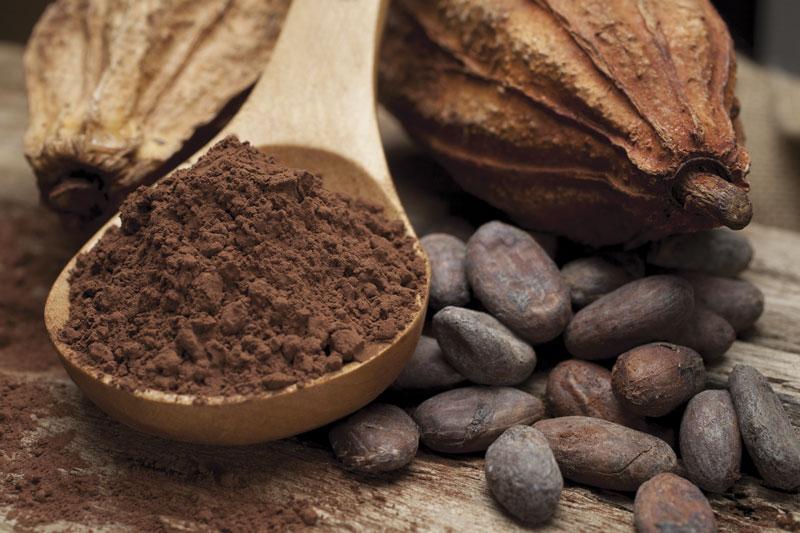
Cocoa improves walking performance in elderly patients with peripheral artery disease (PAD), according to the results of a phase II trial.
The trial randomized 44 PAD patients (mean age, 72.3 years; 66 percent male; mean ankle brachial index, 0.66) to consume either a flavanol-rich cocoa beverage (n=23) or an identically appearing placebo beverage (n=21) thrice daily for 6 months. The cocoa beverage had 15 g of cocoa and 75 mg of epicatechin daily, while the placebo beverage contained neither.
Adherence rates, measured based on packet counts, were 68 percent in the cocoa group and 80 percent in the placebo group. Six-month change in epicatechin metabolites and theobromine was significantly greater in patients who drank cocoa, consistent with good adherence. A total of 40 patients (91 percent) completed follow-up.
At the 6-month follow-up, the 6-minute walking distance (6MWD) measured 2.5 hours after drinking the final study beverage improved by 42.6 metres with cocoa vs placebo (p=0.005). Cocoa consumption also improved the 6MWD measured 24 hours after final study beverage intake by 18.0 metres, although the difference was not significant relative to placebo (p=0.12).
In calf muscle biopsies, patients in the cocoa vs placebo group showed marked improvements in mitochondrial COX (cytochrome c oxidase) activity (p=0.013) and calf muscle perfusion (p=0.098), an increase in capillary density (p=0.014), and a reduction in central nuclei (p=0.033).
Further study is needed to establish the benefits of cocoa to patients with PAD.